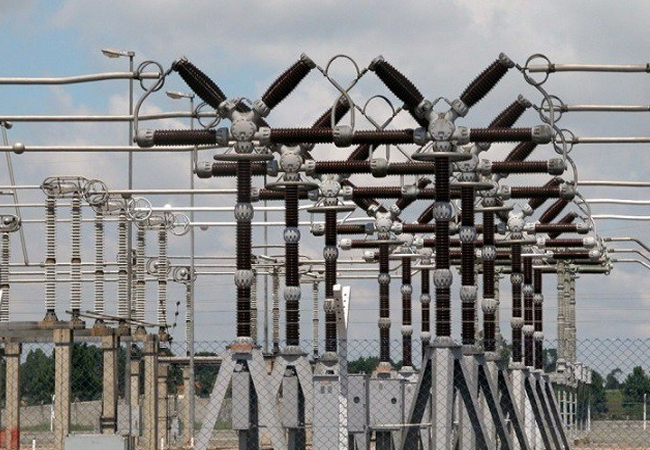
The Manufacturers Association of Nigeria has said poor power supply is stifling the performance of manufacturers in the country, with huge spending on self-generated electricity.
The Director-General, MAN, Mr Segun Ajayi-Kadir, said this in a statement on Thursday while reacting to the recent increase in electricity tariff.
He said, “Top on the list of challenges confronting the sector is the issue of inadequate electricity supply, and this has been largely responsible for the lackluster performance of the sector for some decades now.
“In fact, electricity-related expenses of a manufacturing concern constitute about 40 per cent of the production overhead in some sub-sectors. This is not growth-friendly and is antithetical to competitiveness.”
According to him, MAN represents the interests of over 3,000 manufacturers (small, medium, large and multinational industries) spread across 10 sectors, 76 sub-sectors and 16 industrial zones.
Ajayi-Kadir said, “Manufacturers are heavy users of electricity in Nigeria and this necessitated the association’s keen interest in all electricity-related discourse and development, particularly electricity supply and tariff.
“The manufacturing sector employs over five million workers, directly and indirectly with 8.93 per cent contribution to Gross Domestic Product. The sector also dominates export trade in the West African region, generate foreign exchange, contributes substantially to revenue of government and human capital development in Nigeria.
“It is therefore imperative that the performance of sector is enhanced through a pro-manufacturing policy that will encourage scale and lower unit cost of production rather that throwing fiery darts that will worsen its performance.”
Ajayi-Kadir said the government should concentrate on developing processes and polices to attract significant investment to increase electricity generation with improved transmission and distribution infrastructure.
He said, “The manufacturing sector is already plagued with a high cost operating environment emanating principally from high cost of energy poor regulation.
“This poor condition is responsible for the oscillatory performance of the sector. It is therefore important that any policy that will add to the already bloated cost of production in the sector should be avoided.”
The Nigerian Electricity Regulatory Commission had announced earlier this week that electricity tariffs had been increased by between N2 and N4 per kilowatt-hour.
Ajayi-Kadir, said, “Obviously, this increase in tariff, which is coming at the commencement of the African Continental Free Trade Agreement and barely three months after the huge increment was imposed on electricity users in October 2020, is not manufacturing-friendly.
punch



